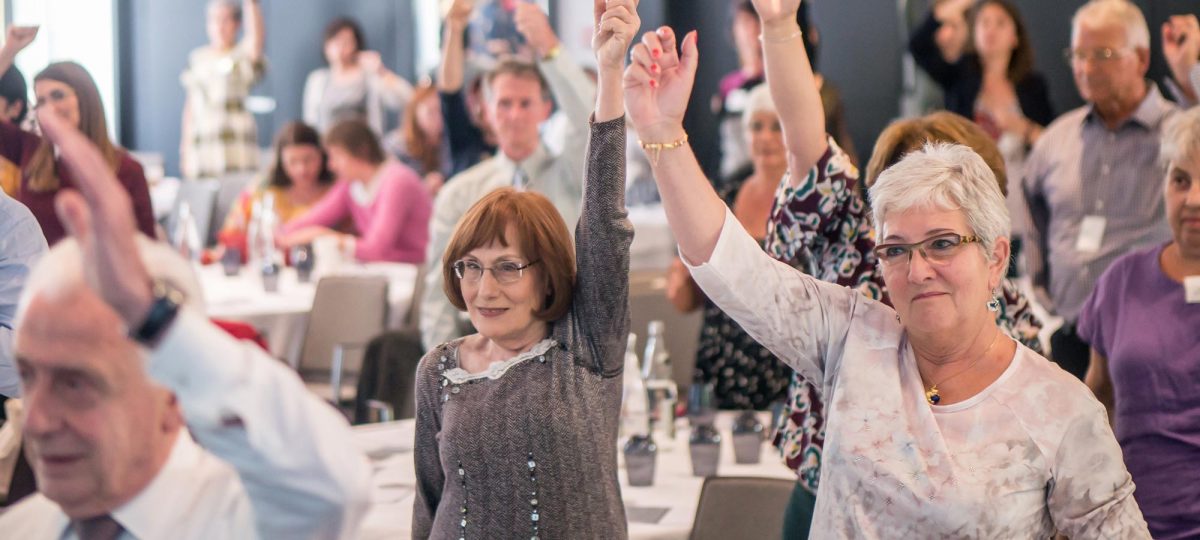Why it matters
Over the past decade, the number of cancer survivors has increased substantially, and with an ageing European population and increasingly effective cancer therapies, the number of survivors is only projected to rise. Yet, cancer survivorship can be a lifelong struggle and almost all EU countries lack adequate policies to ensure rehabilitation and smooth reintegration of cancer survivors into social and professional life. National cancer plans are primarily handled by national health departments and focused on prevention and treatment of cancer.
Survivorship focuses on physical and psychological health as well as social and economic issues that affect people after the end of cancer treatment. It includes issues related to follow-up care such as dealing with side-effects of treatments, prevention of cancer recurrence, overall quality of life and mental wellbeing. Caregivers such as family members and friends are considered a part of the survivorship experience. Survivorship is about supporting cancer survivors in rebuilding or finding new sources of life satisfaction going forward after primary cancer treatment is completed.
‘‘The end of cancer treatment does not signal the end of cancer care. In this survivorship phase, all aspects of the individual’s wellbeing must be considered, not only long-term physical effects of treatment, but also psychological, social and economic needs.’’
Mark Lawler et al. (2015)What ECPC adds
ECPC played a central role in recommendations on survivorship, psychosocial support and rehabilitation developed by the European Partnership for Action Against Cancer (EPAAC), and co-authored the chapter ‘Survivorship and rehabilitation: policy recommendations for quality improvement in cancer survivorship and rehabilitation in EU Member States’ as part of the Joint Action on Cancer Control (CanCon). Whilst acknowledging that survivorship care should be an integral part of national cancer plans, the recommendations also underscore that more research on survivorship is required to generate data on the late effects, impact and cost-effectiveness of supportive care, rehabilitation and palliative and psychosocial care interventions. ECPC is striving for inclusion of broader cancer research, including survivorship, within the Cancer Mission of the EU.
Following the release of the CanCon recommendations, ECPC and the European Society for Medical Oncology (ESMO) built further on this work and developed a Survivorship guide in collaboration with the International Psycho-Oncology Society (IPOS). The patient guide, available in 10+ languages, is also a source of information about prevention and detection of cancer recurrence and of new primary cancer and provides guidance on patient support groups and the role of healthcare professionals in providing these services. The guide bridges the gap between the oncologist and the family doctor and empowers the person with cancer to ask their healthcare team the right questions. The Survivorship guide is a prime example of how ECPC effectively links cancer policy to clinical practice.
Downloads
- Report – 20 Million Reasons to Discuss Life After Cancer Establishing a European - (PDF)
- Patient Guide on Survivorship (EN) - (PDF)
- Patient Guide on Survivorship (DE) - (PDF)
- Patient Guide on Survivorship (GR) - (PDF)
- Patient Guide on Survivorship (ES) - (PDF)
- Patient Guide on Survivorship (FR) - (PDF)
- Patient Guide on Survivorship (HR) - (PDF)
- Patient Guide on Survivorship (IT) - (PDF)

